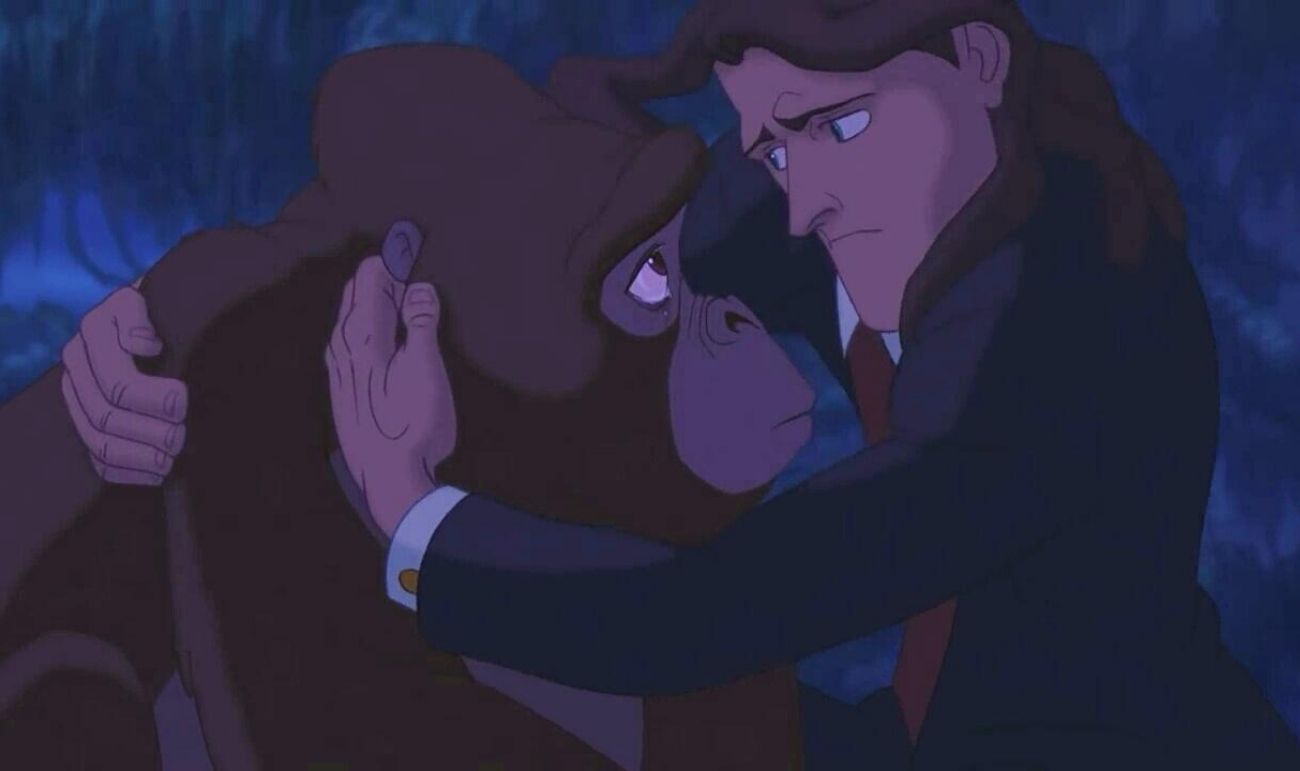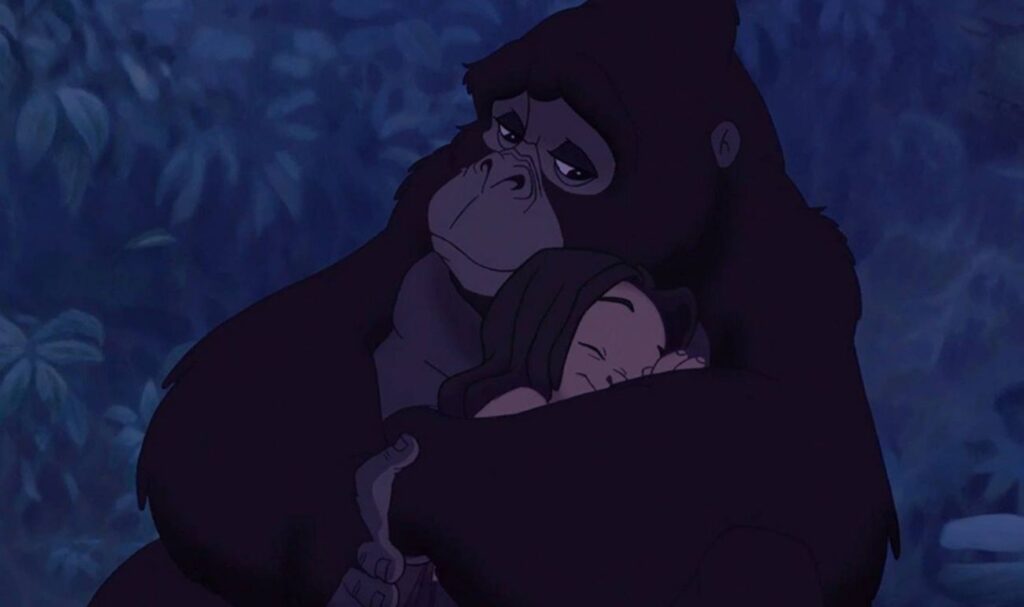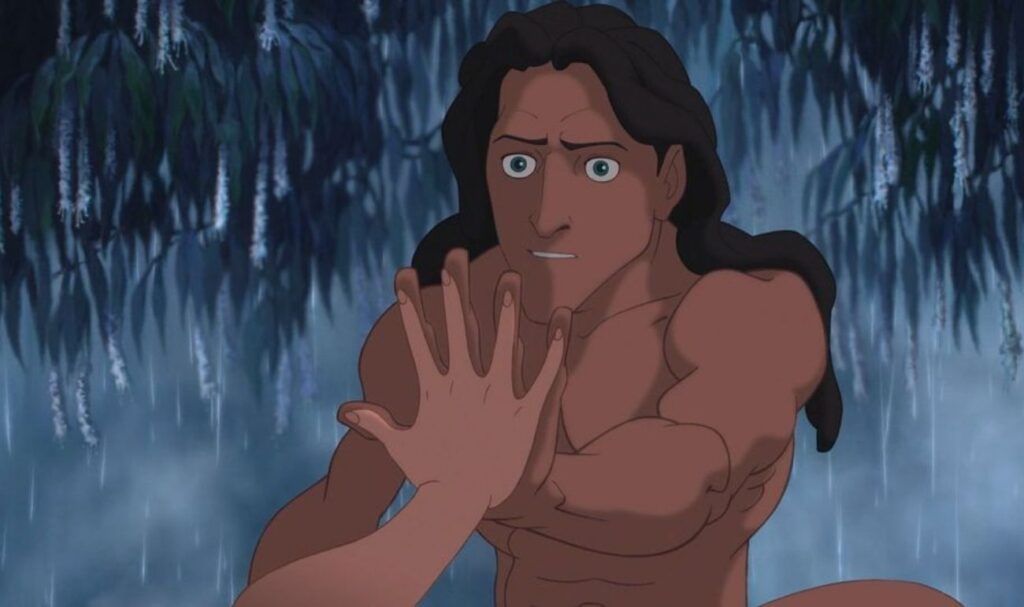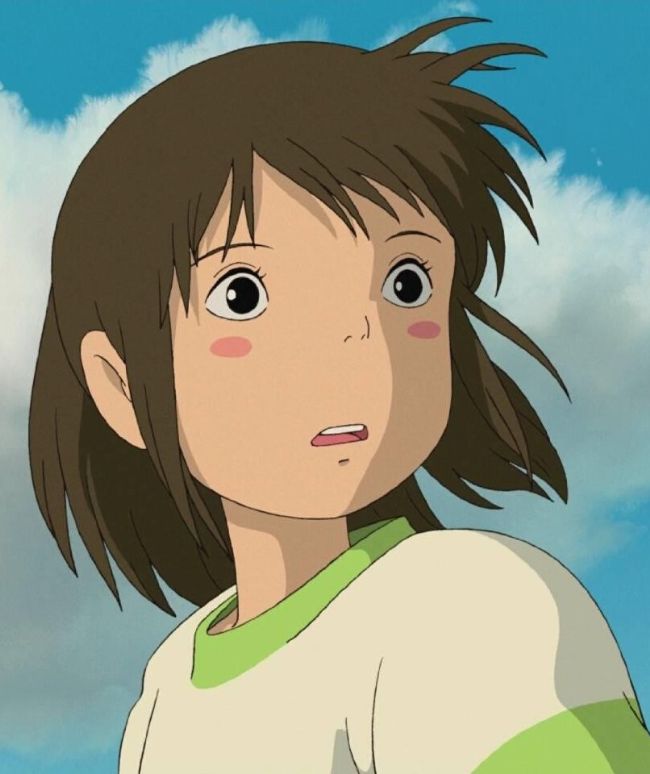
You will understand it over time
My yearbook clearly shows that I am an infamous millennial, part of Generation Y (born between 1980 and 1996). We were children who grew up without the internet, mobile phones, with limited TV programs, and often had the same toys, clothes, and experiences, depending on what happened to be imported into post-communist Poland. We are also a generation that had the opportunity to witness the greatest and fastest technological and social changes. But we were also children raised on Disney cartoons <3.
While Disney’s current productions are still very good, I can’t help but feel that they lack ‘that something’ from the older versions of the fairy tales. However, my nostalgia for the older productions is understandable. They shaped my childhood when my parents had to work long hours due to the high unemployment rate in the country.
On the other hand, it’s no wonder that I feel this way. I remember with fondness the older productions that raised me. If you had asked me about it a few years ago, I would have indignantly told you how Disney had ‘sunk low’ and was unable to create interesting and decent productions. Now I understand that Disney needs to adjust its content to cater to the changing reality and target audience. Each generation has different patterns, experiences, upbringing, and needs. Therefore, content should be presented differently. Disney is adapting to meet the preferences of Generation Z, the current main audience, which is sometimes mockingly referred to as ‘Millennials on steroids.’
Why can’t they understand the way we feel
They just don’t trust what they can’t explain
I know we’re different but deep inside us
We’re not that different at all
Listening to a song from Tarzan (1999 cartoon) performed by Phil Collins on Spotify, it’s hard to disagree with its message. Generation Z faces challenges in understanding their older colleagues, not because they are less intelligent, but because they simply cannot comprehend what we feel. This disparity arises from the fact that they did not grow up in the same world, and their childhood experiences differ significantly. True understanding arises when we share a common foundation upon which we can base our conclusions. Only through this understanding can we engage in fruitful communication. Without it, we may speak and hear, but we won’t believe in the rationality of each other’s plans or comprehend their behaviors. Instead, we might find ourselves in opposition or indifference, unable to work together effectively. The renowned American psychiatrist Stephen R. Covey emphasized this in his book, “7 Habits Of Highly Effective People,” where he stressed that without the principle of “seek first to understand, then to be understood,” we cannot achieve synergy that multiplies the effects of our actions.
However, our journey begins even before understanding. At the outset, we should acknowledge that we are different but not fundamentally dissimilar, to paraphrase the lyrics of the song. The fact that Generation Z exhibits different behaviors, such as their preference for online interfaces, while Millennials tend to engage offline, doesn’t mean both generations are pursuing entirely dissimilar goals, particularly in the realm of interpersonal relationships. Consider the story of Tarzan, a human child abandoned in the jungle. His cry was heard by the monkey Kala, who decided to rescue and raise him. Despite being a different species with vast physiological differences from Tarzan, Kala felt a maternal instinct. Although Tarzan should have had a human mother, he received love, care, and maternal warmth from Kala. This tale exemplifies the universal desire for love, connection, and a sense of belonging that transcends our differences. While the disparities between generations may be significant in some aspects, it’s essential to recognize that they ultimately share common aspirations.

In the midst of the Covid pandemic, it's crucial to remember that we shouldn't necessarily alter our plans and goals. Instead, we should be flexible in how we implement them and adapt our strategies to the prevailing conditions and possibilities.
Phil Berg
Don’t listen to them, cause what do they know
We need each other, to have to hold
They’ll see in time, I know
As with the lyrics of the song, the key is that we do not understand everything at once. Very often it takes a long time, and certainly more than a moment, to understand the essence of a problem or the desires of another person or to accept a given situation. It is said that ‘how many people, so many opinions,’ and it’s true! How many times have your friends advised you and suggested what you should do in a given situation, only to find that all these pieces of advice were different or even contradictory? People will always speak and express their views, whether they are right or not. Many times, different people with different opinions may be right because that’s their right. They choose their opinions and ways of solving problems based on their unique conditions, experiences, possibilities, beliefs, and upbringing. Who are we to insist that only our opinion, our idea, our way of acting is correct?
Some people might say that Tarzan shouldn’t have grown up with monkeys, and that’s true, but would he have survived otherwise? Perhaps, but we’ll never know for sure. Some may argue that if Kala had not adopted Tarzan, she would not have been doomed to be rejected and misunderstood by the group. Probably, but would she have been happier? It’s a possibility, yet we’ll never know for certain. If she hadn’t taken him, could another monkey have adopted him, bringing happiness to her and her monkey family? Possible, but we’ll never know that either.

This is the dilemma of making decisions in our lives. Of course, they should be thought through, using both logic and emotions, intuition, and our values. However, it’s important to realize that most of our decisions will not be inherently good or bad; they will simply be our decisions. We can theorize and ponder ‘what if,’ but we’ll never know for certain. Over time, others may come to understand us better, just as I’ve come to understand more with age and experience. Still, it’s more valuable and healthy to know where we are going and what we want to achieve. If others understand it, that’s great; if not, it doesn’t make a difference. There will always be someone close to our hearts who understands our mission and path, but certainly not everyone. I’ve never met a person who would be understood or misunderstood by everyone; everyone has both supporters and opponents. Most importantly, we have ourselves. We must believe that over time, others will come to understand that we made the best decision we could at the moment.
There’s no point in regretting later that we didn’t choose a different path because it’s a bit like choosing lottery numbers on a Wednesday and discovering on Thursday that they weren’t the winning numbers. For the next month, we may despair over making the wrong decision and selecting the wrong numbers, but we couldn’t predict the future. So, unless you have the ability to foresee the future, try to make the best decisions possible and accept that they may not always be the best. Instead of dwelling on failures, we must learn from them and acknowledge that one hundred percent certainty and correctness do not exist. If you’re chasing perfection, the sooner you realize that you can’t achieve it, but can only get closer to it, the happier you’ll be in your daily life. The sooner we grasp the valuable lessons that come from our failures, the more grateful we’ll become. Without these experiences, we wouldn’t be where we are today.
When destiny calls you, you must be strong
I may not be with you, but you gotta hold on
They’ll see in time, I know

Organize your life.
The first publication in the Untold product series, created to share methodology for organizing everyday life, cultivating systematic discipline, and developing proper habits. Drawing from the author's experience, knowledge, beliefs, and commonly available coaching tools, she aims to inspire you to take action and present you with a straightforward approach to achieving fulfillment and building self-esteem. Written in a simple way, it contains examples from everyday life, practical tips, exercises, and beautiful graphics. Available in e-book and audiobook.




Leave a Reply